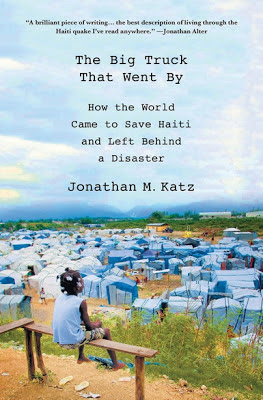Links & Contents I Liked 61

Hello all, One of the things I like about my weekly link review is that's it's always a bit unpredictable. So this week's list is much more eclectic and there isn't really a 'theme' , well, that's not entirely true I guess. There are some interesting links 'working in development', e.g. getting 'hands-on' experience or the power of internal organizational referrals. There are also some interesting links dealing with the changing nature of academic reputation building, including Academia.edu's story and a new software to assess you 'impact' differently. But there are also many more interesting stories. Do check out Durham University's 'Writing on Writing' archive featuring short contributions from established social scientists on the nature of, well, writing in academia; and in case you are still stuck in a meeting, why not try out the 'DevCliche' bingo...and just as I was wrapping up the review Ed Carr posted a
